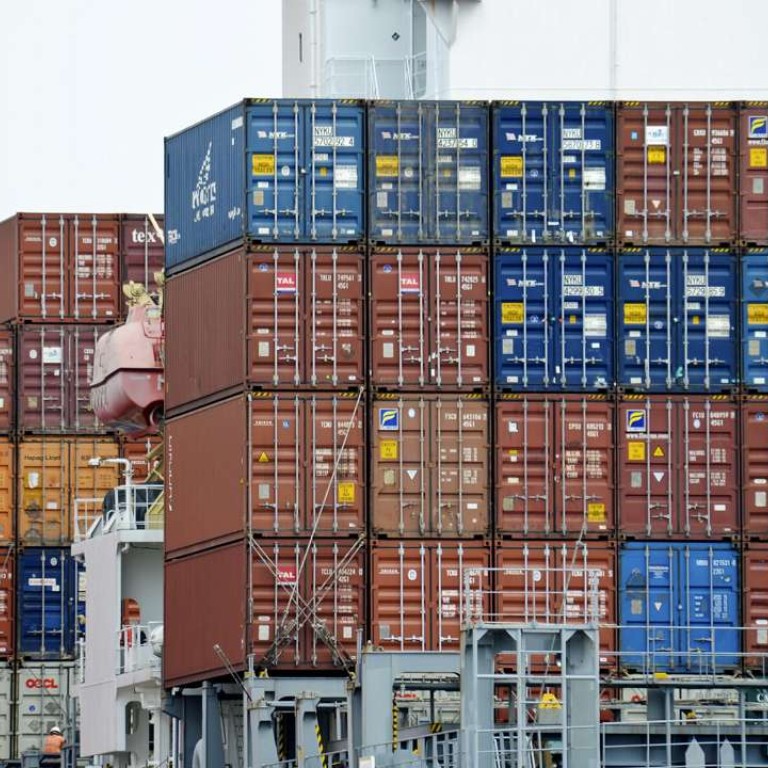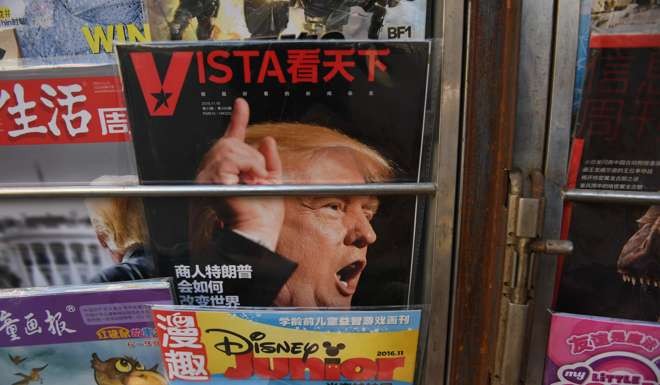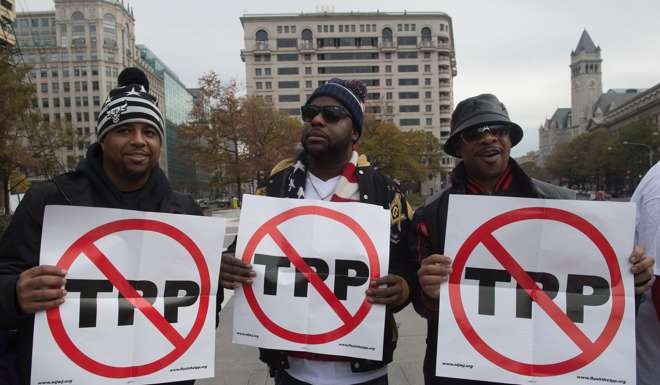
China ‘to participate actively in trade deals regardless of direction of TPP and RCEP pacts’
Beijing vows to take part in bilateral and multilateral trade deals as part of plans to deepen reform and further open up its economy
China said it will actively participate in bilateral and multilateral trade deals with the aim of deepening reform and opening up its economy – regardless of the direction the Trans Pacific Partnership or the Beijing-backed Regional Comprehensive Economic Partnership (RCEP) might take.
When asked for clarification on the specifics of the planned reform, Commerce Ministry spokesman Shen Danyang said in a briefing on Thursday that the intended reform was “comprehensive” and included economic reform.
China would push for RCEP negotiations to be speeded up and concluded soon, with full respect for the core status of the Association of Southeast Asian Nations (Asean) in the deal, Shen said.
China’s President Xi Jinping pledged at this month’s Asia-Pacific Economic Cooperation (Apec) summit in Peru to open up the economy further, as leaders of Asia-Pacific countries sought new free-trade options following Trump’s victory, after a campaign that saw him promise to scrap or renegotiate trade deals.

The RCEP, which includes Australia, India and more than a dozen other nations, is seen as perhaps the only path to the broader Free Trade Area of the Asia-Pacific (FTAAP), to which Apec aspires.
Observers said China would be handed the opportunity to reshape the rules for global trade and profit from a more isolated US if Trump carried out his pledge to abandon the landmark TPP pact.
The TPP’s likely demise has been welcomed by state media in China, where the deal had been criticised as a naked attempt to boost US influence in the region and contain the Asian giant.
The Communist Party mouthpiece, People’s Daily, said in a Thursday commentary that the TPP’s goal had been “to establish America’s economic dominance by excluding and suppressing China with economic containment”.
Trump’s new course would “see China benefiting most from increased US protectionism”, the often nationalist Global Times newspaper said, adding the world’s second-largest economy could “pick up the slack” and “lead free trade”.
The real estate mogul’s insurgent presidential bid was built in part on a pledge to overturn trade deals that he said had drained American jobs and destroyed its industrial heartlands.
China and the US have jockeyed for influence on the global diplomatic stage in recent years, as Beijing seeks a diplomatic heft to match its growing economic might.
It regularly refers to its relationship with Washington as a “new model of major power relations”, implicitly putting itself on an equal footing with the US.

“If the United States walks away from the TPP, it could open the door for China to develop its own Asian free-trade area,” analysts at IHS Global Insight said in a note.
But China’s putative position as a champion of free trade contrasts with domestic restrictions that prevent foreign companies from competing in a variety of sectors, often forcing them to partner with local competitors and share vital technology.
Authorities have also frequently shown their willingness to use trade as a cudgel to punish countries who run afoul of Beijing, for example banning banana imports from the Philippines during a dispute over the Scarborough Shoal in the South China Sea.
The TPP is the product of years of tough negotiations, and the high environmental and labour standards it imposes on members – unlike RCEP – meant that many of the governments that signed up had to wage political battles to do so.
There is the clear potential for fallout if the deal fails because of a change of heart by its prime instigator.
Instead, Washington’s Asian allies may seek to build a more stable and long-lasting partnership with China, whose governing party has not changed since 1949.
That could give Beijing more sway in both economic and strategic disputes, such as over the resource-rich South China Sea.
Beijing will “press ahead with the economic integration process” in the Asia-Pacific region, Foreign Ministry spokesman Geng Shuang told reporters on Wednesday.
But he denied any ulterior motives. “We should prevent politicising of free trade arrangements, and we hope that all countries can stop reading too much into the free trade arrangements through a geopolitical perspective,” he said.
Reuters, Agence France-Presse
